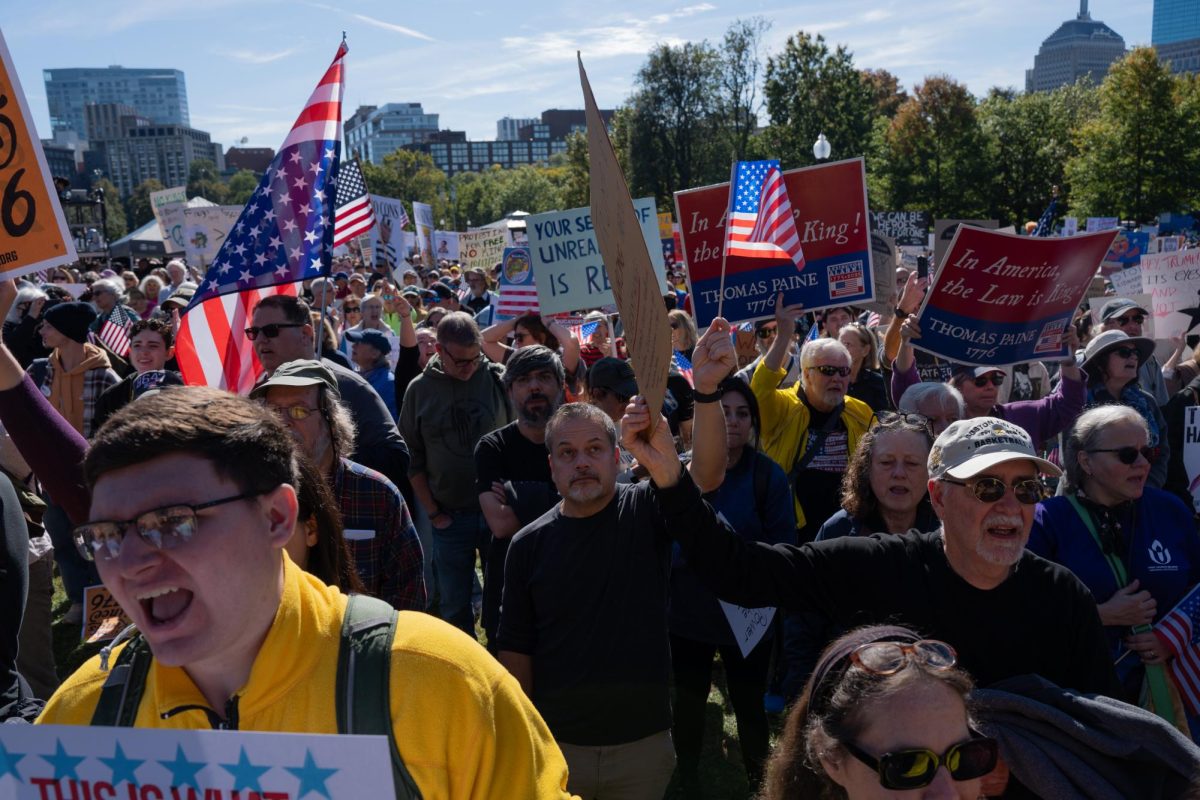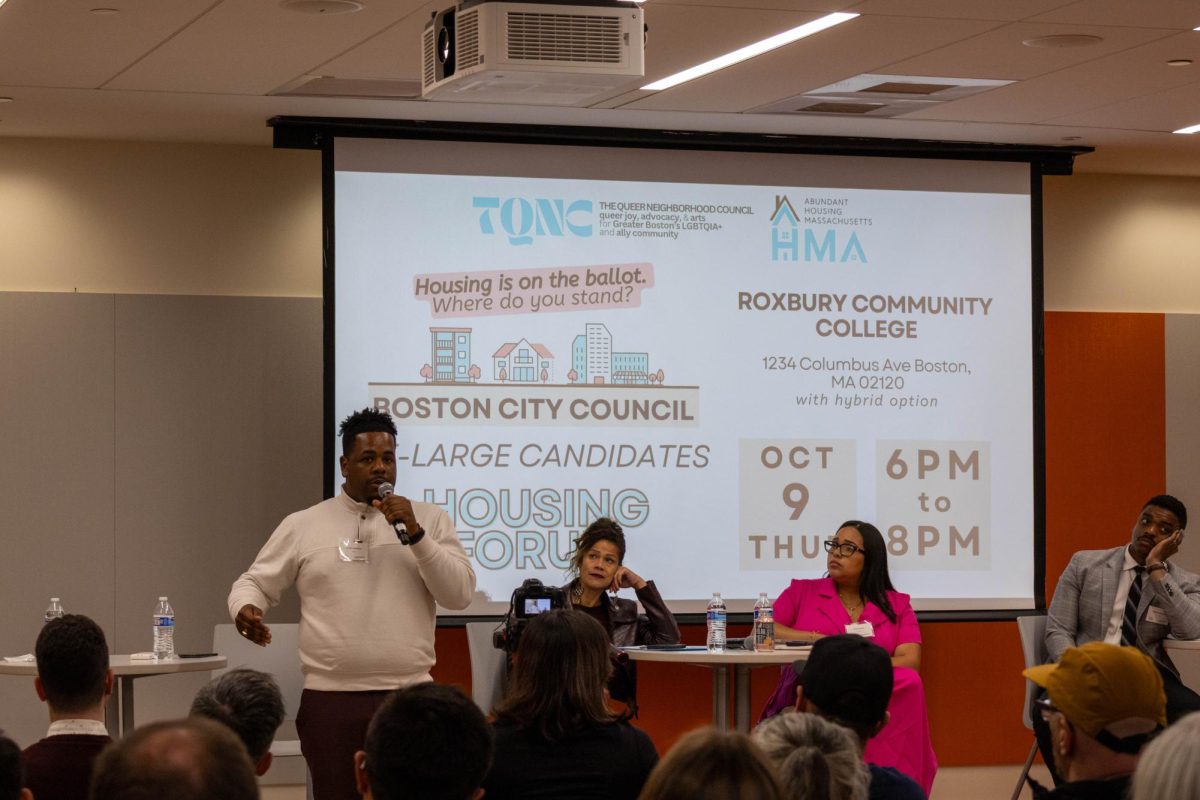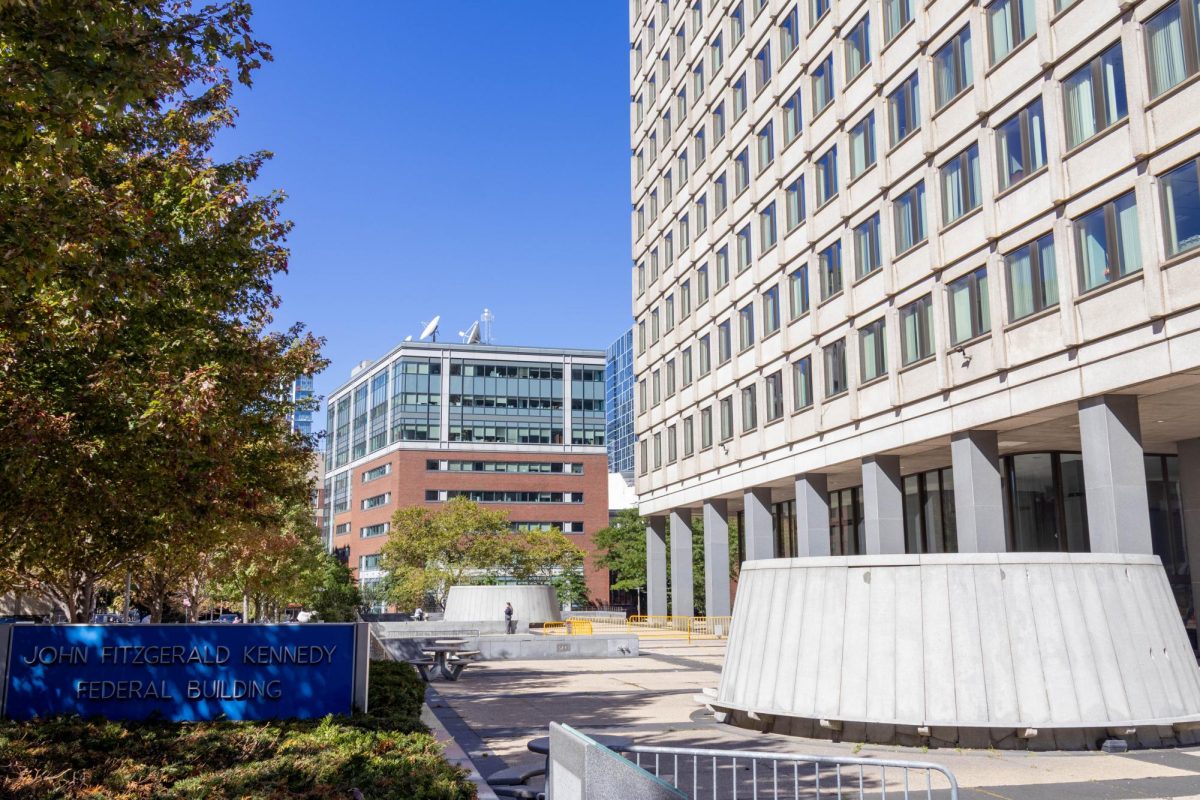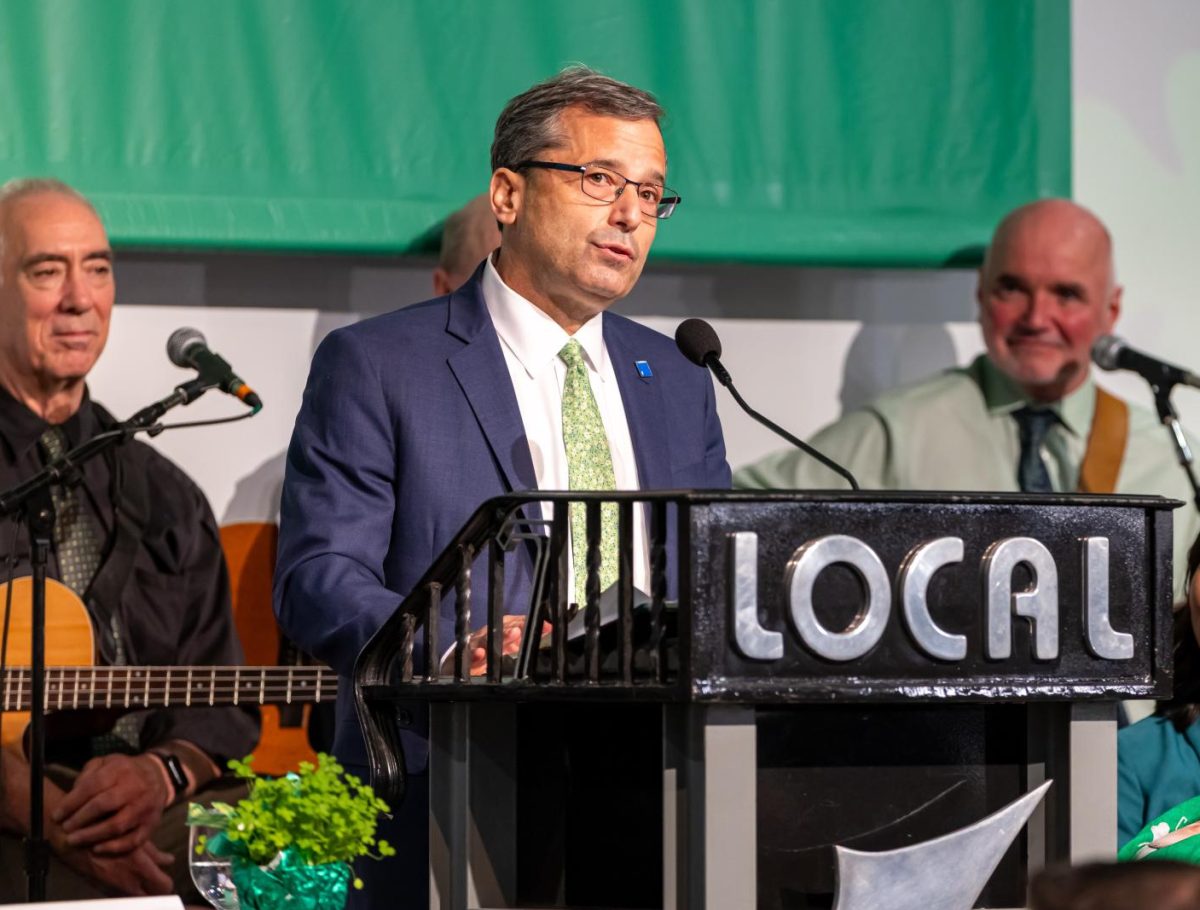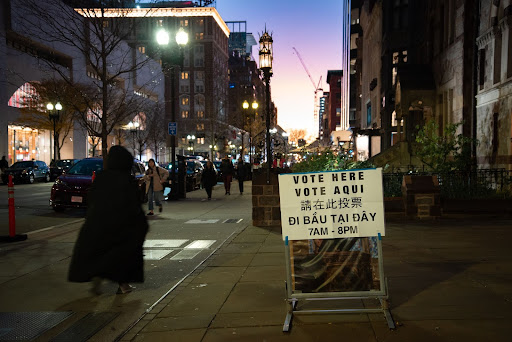In response to a barrage of anti-immigrant executive orders and actions by President Donald Trump’s administration, over 300 Massachusetts healthcare workers delivered an open letter to major Massachusetts hospitals and health systems last Wednesday, calling on them to “uphold the sanctity of healthcare facilities.”
The demands included: the implementation of policies that protect patient privacy, creating medical-legal partnerships to address growing legal needs and communicating with patients about their right to receive care regardless of immigration status. The letter’s recipients were Massachusetts Health and Hospitals Association, Massachusetts League of Community Health Centers, Mass General Brigham, Beth Israel Lahey Health, UMass Memorial Health Care, Boston Medical Center Health System and Baystate Health.
Lauren Kearney, a pulmonary and critical care physician in Boston and signatory of the letter, said it’s important to “let patients know that they will be safe, because such a huge part of this is the fear that has been created by knowing that ICE could just come into a hospital system.” She added that there needs to be “a plan that is across institutions, not just siloed.”
The letter was sponsored by the Health and Law Immigrant Solidarity Network (HLISN), a network of medical and legal professionals and community organizations advocating to keep healthcare safe and welcoming for all.
“I think the Health and Law Immigration Solidarity Network really has a lot of strength,” said Kearney. “There’s been a lot of concerns about individual institutions doing anything that’s going to make them a target, or make the patients that they see a target … [But] we’re not saying that a single institution is the safe place to get care. We’re all going to sign on and say, ‘We will protect you when you’re in our hospitals.’”
Kearney said the letter was in large part a response to the Trump administration’s directive rescinding Biden-era guidance that hospitals, churches and schools be “protected areas” – spaces where immigration enforcement was off-limits.
“That was kind of the most stark and glaring [announcement],” she said. “This is going to affect our immigrant patients in a way that we haven’t had to deal with before.”
But she said there’s plenty that healthcare workers and institutions can do to keep patients safe, even if these federal directives stick.
“The bare minimum is that everyone [should have] a policy specifically on how to … respond if federal law enforcement enters the hospital,” she said, as outlined in the Massachusetts Attorney General’s guidance. Attorney General guidance includes designating areas within the facility that to be closed to the public and only used for providing care, identifying a staff person who will be responsible for any interactions with immigration and law enforcement personnel and ensuring that no sensitive patient information is in plain view in public spaces.
The letter’s recipients did not respond to The Scope’s requests for comment.
In addition to urging hospitals to take action, Kearney hopes there will be a “downstream consequence” to the advocacy, which would be patients seeing the media coverage and recognizing, “I’m not alone, and there are over … healthcare workers who are trying to do what they can to keep me safe.”
She and her colleagues have already seen the impacts of the Trump administration’s anti-immigrant policies.
“I’ve had more patients break down in tears with me about their immigration status than ever before,” she said. “There’s just this visceral feeling … that while the stresses of being an immigrant in the United States have always been there, they’re just so much more palpable now.”
Kearney said that some of her colleagues have patients who are not showing up for care.
“Everything that surrounds the patient, everything that’s happening in the patient outside the clinic, really affects their healthcare,” said Kearney.
Healthcare institutions have long been committed to providing care to all who need, regardless of immigration status. And almost 1 in 5 healthcare workers are immigrants.
“None of us have hid what we’ve been doing for a long time. And so if they want to attack us, they’re going to attack us. And trying to hide, or even worse, comply in advance, is not going to lead us to where we want to be,” said Kearney.



